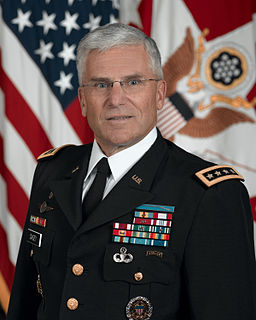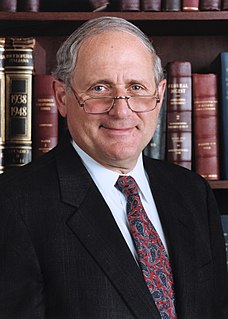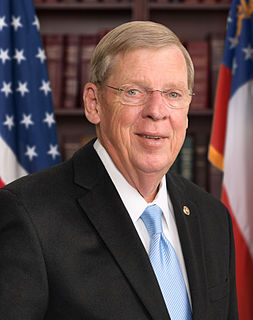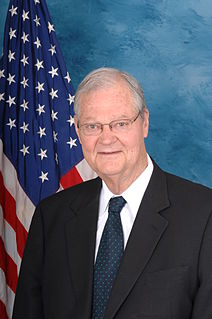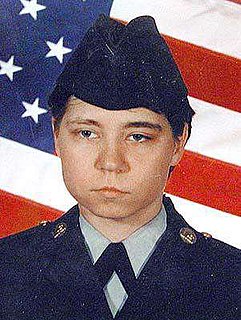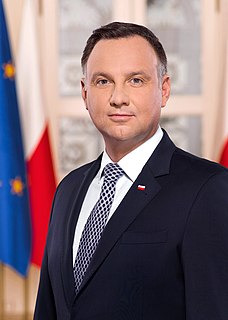A Quote by John Yoo
Nonetheless, Article 5 makes clear that if an Iraqi civilian who is not a member of the armed forces, has engaged in attacks on Coalition forces, the Geneva Convention permits the use of more coercive interrogation approaches to prevent future attacks.
Related Quotes
Unlike previous wars, our enemy now is a stateless network of religious extremists. They do not obey the laws of war, they hide among peaceful populations and launch surprise attacks on civilians. They have no armed forces per se, no territory or citizens to defend and no fear of dying during their attacks. Information is our primary weapon against this enemy, and intelligence gathered from captured operatives is perhaps the most effective means of preventing future attacks.

